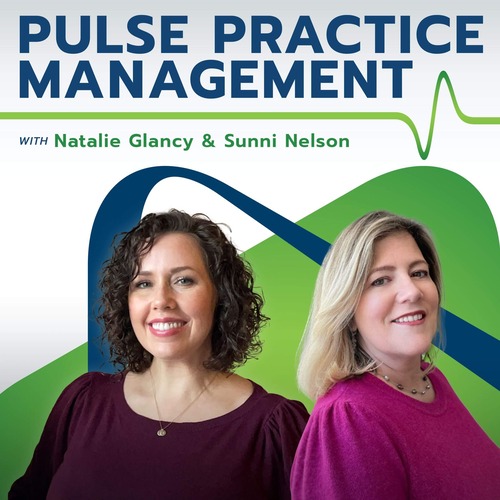Why is health data being targeted?
Between 2009 and 2017, there have been more than 2,100 healthcare data breaches involving more than 500 records. Those breaches have resulted in the theft/exposure of over 176 million healthcare records—a number equal to more than 50% of the total U.S. population. By nature, healthcare data is extremely comprehensive. As a healthcare organization, the information you have about a patient includes not only medical data, but also insurance and financial information. It like also includes personal information like social security numbers, addresses and the information for next of kin. With a single data breach by using ransomware, a hacker can gain access to a breadth of valuable information that they can later sell for profit.Why you should care?
Under the Health Insurance Portability and Accountability Act (HIPAA), both healthcare providers and third-party vendors can be held accountable. Data breaches cost the healthcare industry roughly $5.6 billion each year, and on average can cost your organization around $408 per compromised record. This cost can include an incident response team, fines for compliance failure, loss of customers, lost time, IT upgrades, legal fees and more.What you can do?
Outsourcing medical billing, coding, and electronic health record (EHR) management to a third-party service provider is a great first step to decrease your risk. Applied Medical Systems mitigates your administrative risk through the use of AAPC-certified coders, auditors and instructors, billing professionals, HIPAA compliance adherence, billing compliance adherence, checks and balances and ongoing training of industry changes. Additionally, their highly-automated processes are 98% paperless to further minimize or eliminate instances of human error. To ensure HIPAA compliance, any company that deals with protected health information (PHI) is required to have physical, network, and process security measures and follow them. So even if you rely on a third-party service provider, all healthcare organizations must also have their own IT security measures in place.How to get started
From digital storage methods to mobile device usage, there are many areas within protecting health information. This helpful infographic below from the University of Illinois at Chicago gives a great overview of about how you can assess and mitigate risks in the digital health era. Healthcare organizations and providers can share data securely, internally and externally, manage user privileges, and comply with monitoring and reporting regulations by having the proper data protection strategies and solutions in place. But, with ever changing regulations and advancements in technology, protecting your healthcare data can seem overwhelming. The good news is that you don’t have to navigate it alone. Learn more about Applied Medical Solutions’ solutions and services that can help make your practice more efficient, more profitable and more compliant.

